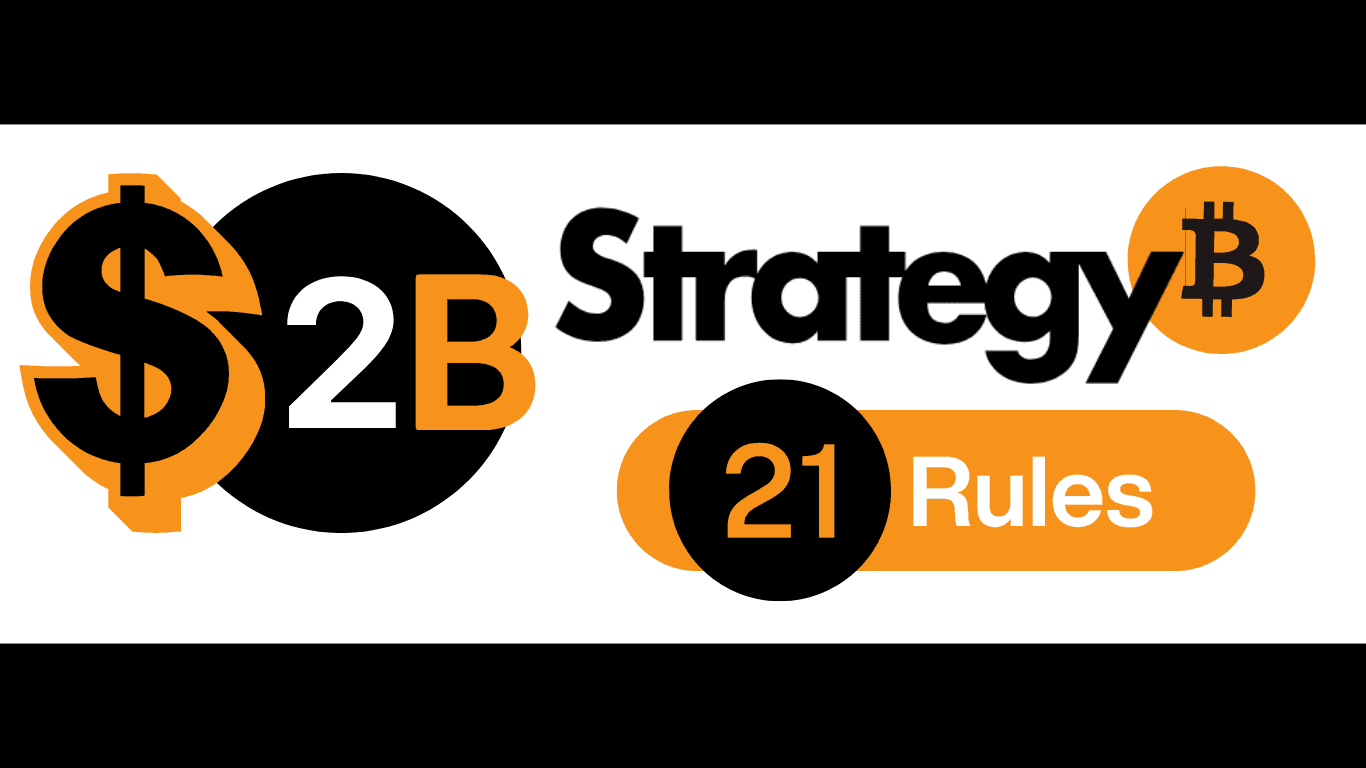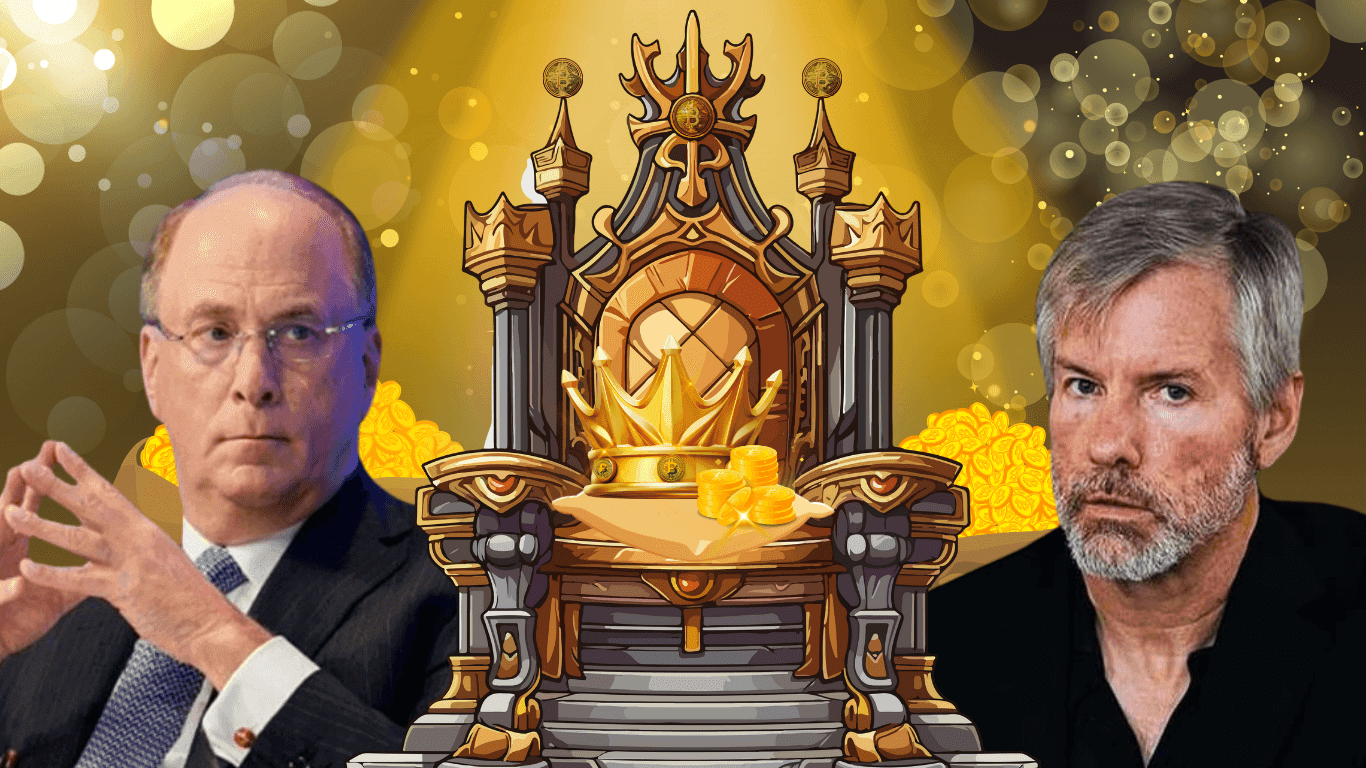Michael Saylor: US Should Own Most of World's Bitcoin
Michael Saylor believes the US government should hold the majority of Bitcoin globally. Find out why he thinks this move could be crucial for the country's future.

Michael Saylor, a prominent Bitcoin advocate, recently stated that the US government should aim to own the majority of the world's Bitcoin. He believes that by doing so, the country can secure its financial future and strengthen its position in the global economy. In this article, we'll explore Saylor's reasoning and the potential impact of such a move.
Michael Saylor: US Should Hold Majority of Global Bitcoin
Michael Saylor, executive chairman of MicroStrategy, argues at the Bitcoin conference in Nashville, Tennessee, on Friday that the U.S. government should aim to control the majority of the world's Bitcoin. He believes that doing so would enhance the strength of the U.S. dollar and sees Bitcoin as a key asset for future economic stability. Comparing it to historical acquisitions, Saylor views Bitcoin as a vital component of the digital landscape, stating, "The future of our country lies in cyberspace, and Bitcoin is essentially the digital equivalent of Manhattan."
He drew parallels between historical U.S. acquisitions and Bitcoin, explaining that the purchase of Louisiana expanded the country and strengthened the dollar, while acquiring Alaska revealed vast oil reserves that similarly supported the dollar. He also mentioned the development of New York City and its role in international trade as another example of how such investments backed the dollar.
Saylor asserted, “The country must focus on the future, and that future is in cyberspace. Bitcoin is like the digital equivalent of Manhattan. Just as the Dutch bought New York for $50 worth of beads before its value soared, buying Bitcoin now is a way to support the dollar.”
He emphasized that the opportunity is clear, noting that the U.S. already holds most of the world’s gold and owns 28% of the land in the country.
What Could be the Impact of This on the Crypto World?
If the US government were to acquire the majority of Bitcoin, it would likely have profound implications for both the cryptocurrency market and the broader financial landscape. Such a move would solidify Bitcoin's role as a critical asset, enhancing its legitimacy and stability in the eyes of institutional and retail investors alike. The US holding a significant portion of Bitcoin could drive increased adoption and integrate Bitcoin more deeply into the global financial system. This move would likely bolster Bitcoin’s value, as market confidence in the cryptocurrency would be amplified by the backing of a major national institution.
Moreover, Bitcoin's value and liquidity might increase due to this significant governmental involvement, which could lead to greater regulatory clarity and acceptance. The US's substantial ownership could attract more institutional investors, who often seek assurance and stability before entering new markets. This influx could potentially lead to a more stable and mature market environment for Bitcoin, reducing volatility and fostering long-term growth.
On the flip side, such a scenario could also introduce new challenges. Increased centralization of Bitcoin, historically valued for its decentralized nature, could lead to concerns about market manipulation and reduced individual control. Additionally, regulatory implications and geopolitical considerations could influence global Bitcoin markets, potentially leading to new dynamics in international trade and finance.
So, if the US government were to control a majority of Bitcoin, it would likely elevate Bitcoin’s status and integration into the global economy while also presenting challenges related to centralization and regulatory impact.



























